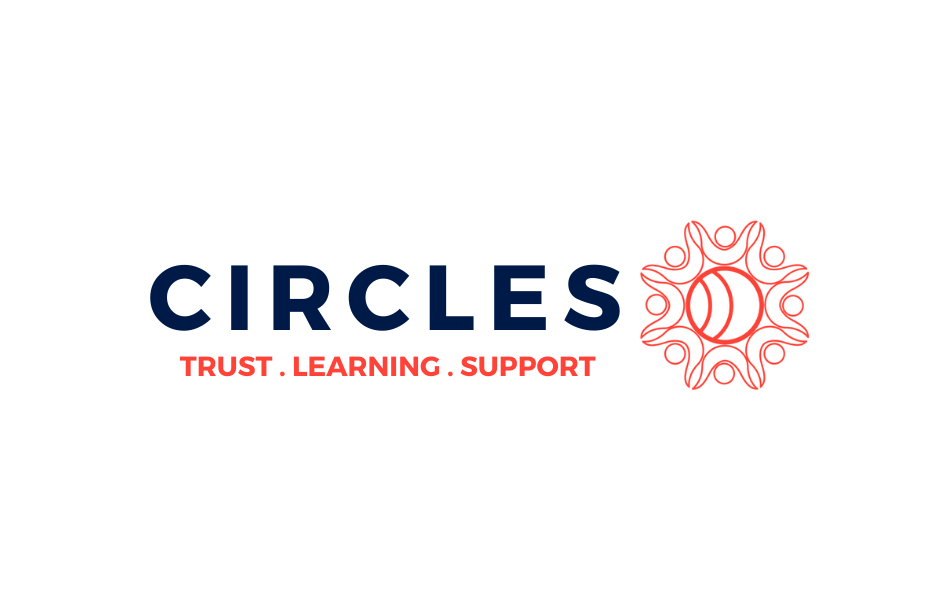Decolonizing Narratives: Authentic Messaging, Ceding Control and Reckoning with Reality
Nima Shirazi
Spitfire Strategies
Shanelle Matthews
Founder
Radical Communicators Network
Jennifer Dillon
Communications Director
National Domestic Workers Alliance
Joseph Phelan
Co-Founder and Executive Director
ReFrame Mentorship
Key Takeaways:
Dismantling dominant narratives is not a new line of work. It is important to recognize the work put in by those who have been working towards justice for decades and ensure your communication gives power to those whose stories are traditionally silenced.
Building public and political will in communications is vital for social good.
It is important to ask whom the narrative strategist in any organization is because it is often someone of a very specific demographic— a white man — who might not think to consider all the dominant narratives at play.
To develop a spokesperson: start with organizing, lead with human centric stories of dignity and resilience, let people be in control of their own story, honoring authenticity, and invest in continued development.
Session Summary:
Narrative is a driving factor in how people relate to the world we live in. While there may be many different narratives existing at once, dominant narratives, or narratives that hold power, are those that may or may not be true yet serve as the default setting of society. Dismantling dominant narratives is often the work of justice.
One way to make sure your organization understands the narrative it is trying to affect, shift, change or challenge is through a narrative power analysis. This analysis asks four questions: How is the conflict being framed?; What are the conditions responsible for the problem?; Who are the key characters in the story?; What assumptions are being made?
Adjusting narrative power is necessary to achieve a just and equitable world. Throughout trying to achieve this, it is important to remember that different types of power do not function independently of each other. Economical, social, and political powers intertwine with one another and act more like a web than independent factors, which play into narrative power.
Dominant narratives work against certain groups of people, like domestic workers, and how to effectively communicate about the issues surrounding existing narratives. To work against this dominant narrative, you must center those who are actually part of the story and relinquish control: they are their own best spokespeople.
Quotes and Interesting Points:
“Sometimes listening is what’s needed most of all. Listening to others, not only sharing, but taking a step back and recognizing the immense power and privilege we have in the work that we do,” Nima Shirazi said.
“If your communications is values forward, then you must start with an analysis of who has power in the situation, what the underlying assumptions are, what the conditions are for the problem, and who stands to benefit,” Shanelle Matthews said.
“The ability to make meaning is the ability to forecast the future. It is the ability to tell, share, to explain the world we want today – even if it doesn’t exist. And, who gets to make meaning in this world is very much defined by race, class, gender, your access and your closeness, or your not closeness, to power,” Joseph Phelan said.
“When we are putting people in power, when we are shifting power, it’s about creating freedom and choice. We do that with spokespeople. They get to choose when they tell their story, how they tell their story, and when their story shows up,” Jennifer Dillon said.
Exercises or Questions Asked of the Audience:
Shanelle Matthews asked if anyone had used a narrative power analysis before. A few in the audience raised their hands.
Joseph Phelan had the audience turn to a person next to them and talk about a point they would take away from Shanelle Matthew’s portion of the panel.
Jennifer Dillon asked the audience who has thought about the identity of their spokespeople and how these spokespeople interact with an audience.
Examples Provided:
Shanelle Matthews used the example of anti-welfare and social services campaigns to show the audience how to work through a narrative power analysis and to show why power analysis are important in seeing discriminatory roots in messaging.
Jennifer Dillon showed examples of domestic workers in media being framed as villains and victims through article headlines.
Experts in this Field:
Who is working in this area that people should know about?
Makani Themba, author
Malkia Cyril, founder of Media Justice
Jen Soriano, writer and communications strategist
Charlotte Ryan, author
Resources & Tools:
Radical Communicators Network (https://www.radcommsnetwork.org/)
Next Steps:
Integrate narrative power analysis into your communications strategy.
Check and adjust your organization’s messaging authenticity.
Questions from the Audience:
Q: How do you connect and source spokespeople?
A: Keep up with local stories and trends, host workshops, pay attention to the area’s story loop, and focus on folks on the ground.
Q: To what extent do we coach spokespeople while not taking from their authenticity?
A: Prep spokespeople the same way you would an executive director for any media engagement. Invest in their leadership. Want and invest in them to be on the same level of your principle spokespeople.
Q: How do you ensure you’re going through a meaningful process when you need to get communications out fast?
A: Social movements are inherently subversive. The idea that we would subscribe to white supremacist culture by responding first to the media rather than to the community we are serving is alienating of the community. Move at the speed of trust of your community, not at the speed of a media cycle.
Q: What movements have you heard of that are calling out negative social actors?
A: A lot of it comes from thought rooted in Black Feminism. It is the most expansive way to think about how we include people in social movements.
Read more about the session here.
These notes were captured by Hope Lenamon and have been reviewed by the presenters Shanelle Matthews, Jennifer Dillon, Joseph Phelan and, Nima Shirazi.


